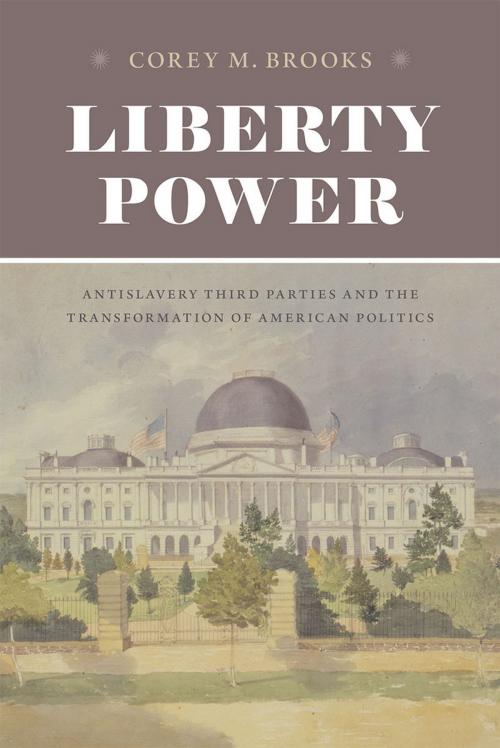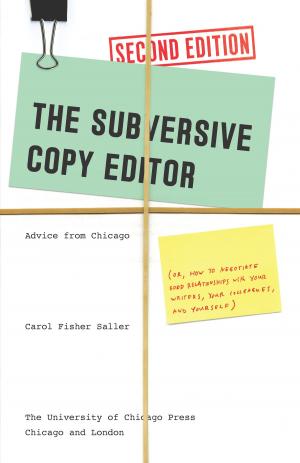Liberty Power
Antislavery Third Parties and the Transformation of American Politics
Nonfiction, History, Americas, United States, Civil War Period (1850-1877), 19th Century| Author: | Corey M. Brooks | ISBN: | 9780226307312 |
| Publisher: | University of Chicago Press | Publication: | January 14, 2016 |
| Imprint: | University of Chicago Press | Language: | English |
| Author: | Corey M. Brooks |
| ISBN: | 9780226307312 |
| Publisher: | University of Chicago Press |
| Publication: | January 14, 2016 |
| Imprint: | University of Chicago Press |
| Language: | English |
Abraham Lincoln’s Republican Party was the first party built on opposition to slavery to win on the national stage—but its victory was rooted in the earlier efforts of under-appreciated antislavery third parties. Liberty Power tells the story of how abolitionist activists built the most transformative third-party movement in American history and effectively reshaped political structures in the decades leading up to the Civil War.
As Corey M. Brooks explains, abolitionist trailblazers who organized first the Liberty Party and later the more moderate Free Soil Party confronted formidable opposition from a two-party system expressly constructed to suppress disputes over slavery. Identifying the Whigs and Democrats as the mainstays of the southern Slave Power’s national supremacy, savvy abolitionists insisted that only a party independent of slaveholder influence could wrest the federal government from its grip. A series of shrewd electoral, lobbying, and legislative tactics enabled these antislavery third parties to wield influence far beyond their numbers. In the process, these parties transformed the national political debate and laid the groundwork for the success of the Republican Party and the end of American slavery.
Abraham Lincoln’s Republican Party was the first party built on opposition to slavery to win on the national stage—but its victory was rooted in the earlier efforts of under-appreciated antislavery third parties. Liberty Power tells the story of how abolitionist activists built the most transformative third-party movement in American history and effectively reshaped political structures in the decades leading up to the Civil War.
As Corey M. Brooks explains, abolitionist trailblazers who organized first the Liberty Party and later the more moderate Free Soil Party confronted formidable opposition from a two-party system expressly constructed to suppress disputes over slavery. Identifying the Whigs and Democrats as the mainstays of the southern Slave Power’s national supremacy, savvy abolitionists insisted that only a party independent of slaveholder influence could wrest the federal government from its grip. A series of shrewd electoral, lobbying, and legislative tactics enabled these antislavery third parties to wield influence far beyond their numbers. In the process, these parties transformed the national political debate and laid the groundwork for the success of the Republican Party and the end of American slavery.















